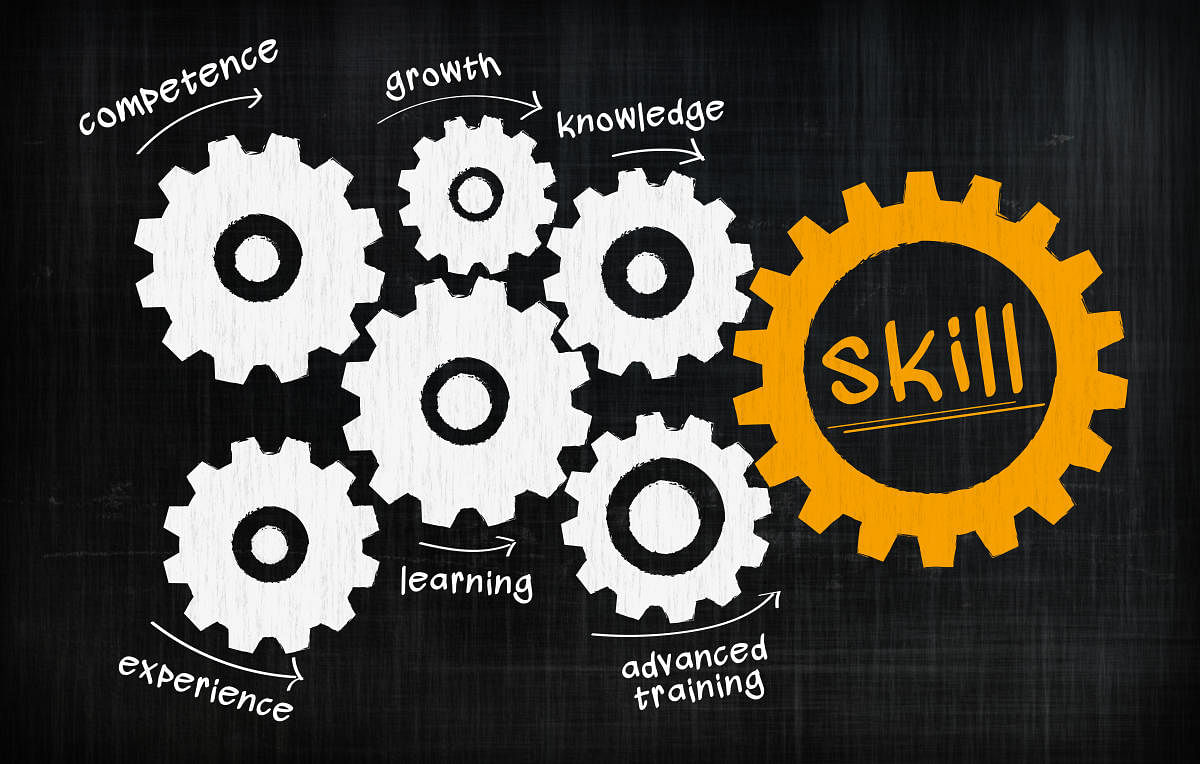
The 21st century’s global workplace is in a constant state of flux. In the midst of this rapidly evolving economy, the skills required to succeed differ substantially from those of the past.
There are a few skills that employers will be paying particular attention to.
Creativity: In the working world, creativity translates to having a knack for coming up with fresh imaginative ways to solve problems or create value for a company. It’s not just innovation, but rather being able to see something that’s missing and then solving the problem.
As the competition among businesses is on the rise, employers are hiring creative individuals to design innovative products and services that can help the company stay ahead of the curve.
Cognitive flexibility: This skill can be described as the mental ability to find a solution considering multiple concepts. A cognitively flexible person has the skill to learn quickly, solve problems creatively, and respond to new situations effectively.
Problem-solving capabilities: One of the most sought-after skills in the modern workplace is a candidate’s ability to approach a dilemma from various angles and find out-of-the-box solutions.
Anyone who possesses problem-solving skills stands out in the workplace. This is because challenges inevitably arise at all workplaces and employers want to see that potential employees can troubleshoot and solve them independently.
Critical thinking: Now more than ever, employers need professionals who can view a problem from all angles, analyse the issue, and evaluate the information they have, before making any decision. As problem solvers, critical thinkers evaluate information and decide how to interpret it in order to reach a solution. Employees with these skills bring a fresh perspective and offer intuitive solutions and ideas to help a company get a step ahead of the competition or improve internal processes.
Emotional intelligence: This is the ability to understand and manage your own emotions positively, empathise with others, and communicate effectively to overcome challenges and defuse conflict.
While higher levels of emotional intelligence are undoubtedly an asset in people-centred roles, it can be helpful in all jobs that involve interaction with people whether it is colleagues, customers, or bosses.
Teamwork: In a diverse workplace, it is natural for employers to test your ability and willingness to collaborate with others to find unique solutions to company challenges.
Leadership: Communication and project management skills come under the umbrella of leadership. If an employer feels you have the ability to manage a team and lead them, you may be hired on the spot.
Even in non-management positions, the ability to motivate fellow employees towards a common goal, set priorities, and manage resources is a highly desirable skill.
Decision-making: Job applicants who want to rank high on a hiring manager’s list will have to demonstrate the ability to identify and evaluate options. They will have to make sound decisions that will positively impact the bottom line of the company, boost employee morale, and the whole team.
Time management: Hiring candidates who possess the ability to manage their projects and deliver results on time is a highly valuable skill. Your ability to manage time while handling projects will be tested at your job.
The skills listed here are not something that will go out of fashion. They are life skills that one needs to acquire. Not only will these skills add value to your professional life, but also help you develop the confidence and tools to become a fully contributing member of society.